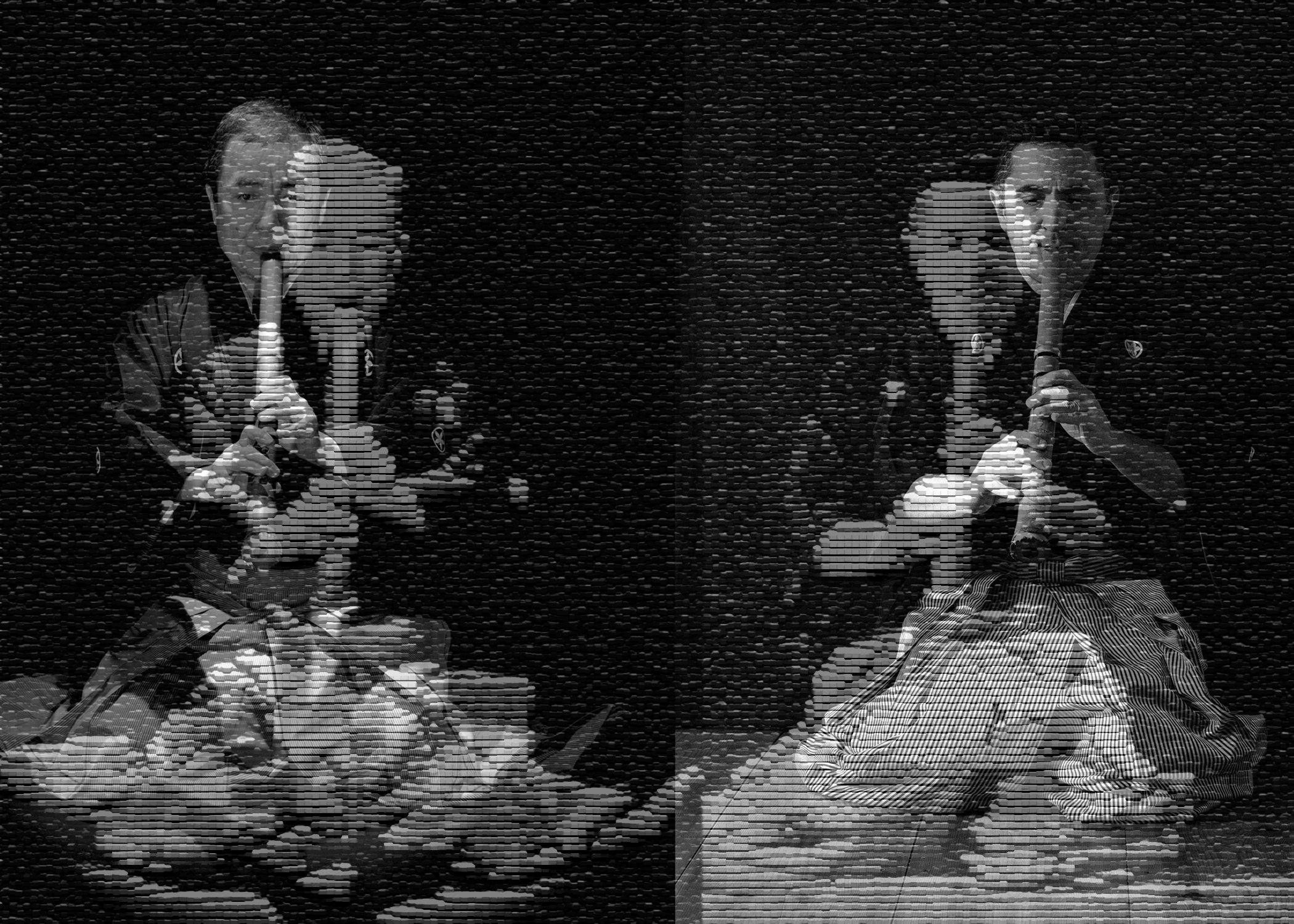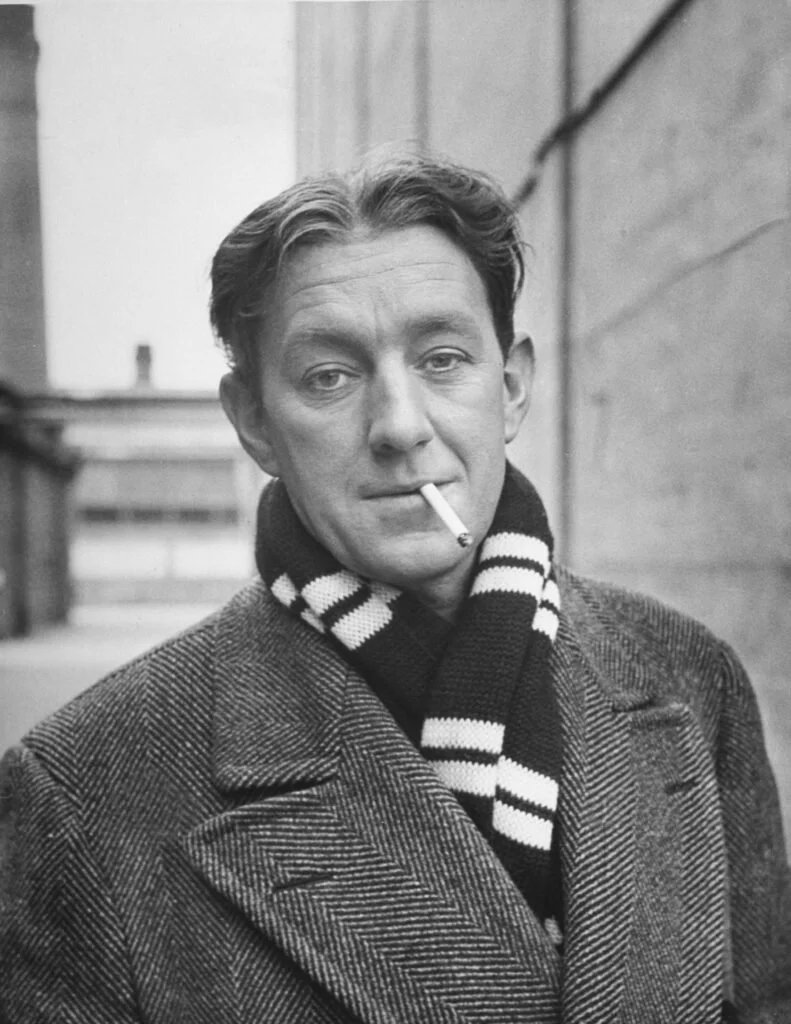“Contingent Facts”
I enjoy roasting coffee. It’s a hobby—which is to say, I’m not an expert; I don’t take meticulous notes on temperatures, roasting times, mass loss, etc, etc. I have a small, hand-cranked drum roaster which can handle about 225g of coffee at a time. I load it up and listen for the “first crack” that lets you know the magic has started. And the coffee that comes out is pretty good—good enough for this household anyway.
Which is why I don’t call myself a master coffee roaster.
I also enjoy movies. I’m pretty easily entertained, though. Not that I’m not discerning, but I go to the movies in order to be entertained, not to poke holes in plots, or pour over the nuance—or lack thereof—of the performances. I enter a theater hoping for the film to succeed at what it’s trying to accomplish, not bracing for the failures of it not being what I thought it should be.
Which is why I don’t offer myself to the world as a film critic.
Music is something else entirely for me. It was the first thing I felt I had any aptitude for. It is also something that has been a part of my family identity for many, many years. It’s not that I don’t enjoy playing music, that I only do it out of some sense of familial duty; it’s that it is not subjected to the whims of happiness or sadness, boredom, elation, or passion, and so on. It exists in me regardless of how I feel, or how I feel about it. Put another way, music is as much a part of my identity as the color of my eyes, or the shape of my nose.
On the subject of acting, the great Alec Guinness said:
I don’t speak of acting as if it were a profession, which I know sounds perverse, if not militantly ignorant: Acting for me was a salvation into which I fell, a piece of the family puzzle that was given to me, and I snapped it in place, and there was now a whole image, a fuller person, something where previously there had been nothing…But it begins with love—love of the work, the words, the act of rehearsing, the bonding that must take place among the company. I am a man sitting on a vast mountain of family members and friends and memories.
I’ve tried to articulate this sentiment time and time again, but could never express it so eloquently. The work—the hours, the years—never felt like work. It felt like having the blinders lifted.
My time living in Japan (1988-1992) was challenging. Musical study, practice, and performance was still a relatively new discipline. I had not yet to that point committed to anything, nor really even felt particularly passionate about anything.
I had also not spent any significant time with my father. Throughout my childhood, my dad was only a shadow; distant and removed. From the first day we started playing music together, I spent a minimum of six hours a day in his company. He had never before spoken to me in Japanese. It was a completely novel relationship. And I loved it.
Given my father’s place in Japanese traditional music, he had a certain access, and with it, came certain responsibilities—not all of them enjoyable. Through that access, he was able to introduce me to nearly every important traditional musician of his generation, many with whom I had the distinct honor of collaborating.
To speak of my family legacy is such that I can often sound boastful. Would the shakuhachi still exist in the modern world without Araki Kodō the 2nd, my great-great grandfather? Certainly not with the wide reach it has in this version of reality. Part of that reach is due to Kinko-ryū or Kinko “style” shakuhachi, because it was unquestionably dominant at the turn of the twentieth century and had been for 200 years hence. But in large part, the proliferation of shakuhachi—especially outside of Japan—is owed solely to Kodō the 2nd, his efforts to preserve it, and the changes he introduced to shakuhachi music and construction.
Despite that history, as I’ve said before—and not without challenge—there was always a contingent of the shakuhachi community who seem determined to diminish or even erase my family legacy. After I wrote about erasure, it was said that I had misspoken, as people respected my father and his adherence to things being done “the old way.” When we speak of the old ways, though, my assumption is we’re speaking of the concept of tradition; of art forms being handed down from generation to generation.
For reasons not clear to me, however, the wider shakuhachi community remains closed to me. The world of traditional music is not a meritocracy, which means rarely will anyone voice criticism. It’s a manifestation of the participation trophy. This lack of criticism means I’m unlikely to get a straight answer as to my shortcomings in the eyes of those currently holding sway over the shakuhachi world.
This leaves me a lot of free time to speculate. As I see a host of people now playing Irish music on the shakuhachi (which in my case started with “Banks of the Suir”, on The Suffering Gaels 1995 release The One-Horned Cow) it’s hard to imagine that my years playing Irish music on shakuhachi, Irish flute, and penny whistle has disqualified me from the ranks of so-called shakuhachi “grandmasters,” but maybe that’s it.
I’ve heard people say, we didn’t even know you were still playing [shakuhachi]! despite public appearances over 30 years to the contrary. The fact that my live appearances were mostly in the Pacific Northwest, far from the great halls of academia, may have worked against me, but I find that to be a lazy excuse.
I’ve said before, existing in traditional music in the pre-internet era, before the term “content creator” had been coined, means not existing at all, maybe. Surprising considering the median age of the shakuhachi community. Although the number of people even in the traditional music world who have bought into Spotify does not reflect an age disparity.
Or maybe it’s none of these things.
Not being considered as Kodō the 6th, my father’s son, means being the sixth generation to carry a tradition has no value, which I can freely admit, hurts. Perhaps just being the son of Kodō the 5th, earning his title, is not something that is recognized academically. I may have been conservatory trained, but maybe because my conservatoire was my father’s music room, first in Seattle, Washington, and later Higashikurume, Tokyo, it has no merit. Again, strange considering the frequent use of the word “tradition” and “lineage” in shakuhachi circles.
As difficult as it may be to grasp, the pain of exclusion is not about me; it’s about not being able to champion my father or grandfathers. It is unlikely my forebears will find a champion, given the distance people are inclined to put between themselves and my father; or my grandfather, despite the numerous players who will trace their own lineage to either Kodō the 2nd or Kodō the 3rd.
Kodō the 4th passed only 8 years after his father, Kodō the 3rd, who was the last of us to carry any real weight. That power vacuum was deftly exploited by one of Kodō the 3rd’s students, Nōtomi Judō, who plagiarized the music of his teacher, selling these scores and arrangements as his own.
Later, he schemed to take the title of Kinko-ryū sōke (which translates literally to head of the family or “headmaster”) first from my grandfather, and then my father. Appallingly, the Nōtomis pursued this while my father was just 8 years of age, which forced him into a music career while he was still a child. He was named Kodō at age 12.
This duplicity ignored, Nōtomi went on to be named a Living National Treasure in 1973. Around this same time, my father became a US citizen which meant, because of World War II, one must renounce their Japanese citizenship, meaning he could never earn a similar honor.
Occasionally, people make light of the fact that they are disciples of the Nōtomi clan. I’m a Nōtomi student…sorry! Ha ha ha. Or, sorry for using a Nōtomi score! That probably makes you pretty mad! Ha ha ha. Hopefully you can forgive me for not being able laugh along with you as you share notation from my family with the Nōtomi name stamped upon it. It’s vile and not amusing in the least.
The anger I feel is not toward the Nōtomi family directly; they’re all dead now. “Nōtomi” is merely the name that I associate with the terrible burden my father carried. He faced an uphill battle his entire life as he attempted to simply carry on a family tradition that was rightfully his. It was a constant struggle, one that drove him to substance abuse and mental illness.
I find I have less and less patience left for the gatekeepers of shakuhachi tradition that now exclude me for whatever their reasons are. On one hand, I can sympathize—with so many people vying for the same seat at the very small Japanese traditional music table, everyone must be perceived as a threat. Furthermore, it can be hard to acknowledge someone’s title and lineage. In other words, it is understandable to lash out at someone and call them “entitled," when they literally have a title. By taking away the power of another’s position, you position yourself better; a simple metric.
But at what point do we acknowledge that “tradition” as a word does not belong in the study of shakuhachi? I would say my father stood vigil over tradition as it drew its last breath. For me, I find myself simply standing over its grave, reluctant to admit that it’s gone, unwilling to turn my back on it while the eager shovel dirt over its still-warm corpse.
Ultimately, in the world we live in, tradition doesn’t matter. It does not put food on the tables of the needy, it will not cure disease, and it has demonstrated its inability to bring people together. Like my coffee or the movies I enjoy, the shakuhachi music of today is good enough. It is a pity to watch as techniques that have existed for hundreds of years go extinct, but after all, it is only tradition.
More anon,
Hanz
琴古流宗家印
The deliberate falsehood deals with contingent facts; that is, with matters that carry no inherent truth within themselves, no necessity to be as they are. Factual truths are never compellingly true. The historian knows how vulnerable is the whole texture of facts in which we spend our daily life; it is always in danger of being perforated by single lies or torn to shreds by the organized lying of groups, nations, or classes, or denied and distorted, often carefully covered up by reams of falsehoods or simply allowed to fall into oblivion. Facts need testimony to be remembered and trustworthy witnesses to be established in order to find a secure dwelling place in the domain of human affairs. From this, it follows that no factual statement can ever be beyond doubt.
—Hannah Arendt

